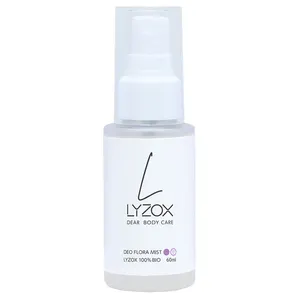
All categories
Featured selections
Trade Assurance
Buyer Central
Help Center
Get the app
Become a supplier














Thêm chăm sóc toàn bộ listerine. vào thói quen đánh răng và dùng chỉ nha khoa hàng ngày là cách tốt nhất để tránh các vấn đề sức khỏe răng miệng như viêm lợi. Với chăm sóc toàn bộ listerine. hiện đã có mặt trên Alibaba.com, những sản phẩm này là một công cụ hữu hiệu trong cuộc chiến chống lại sự tích tụ cao răng và sâu răng. Chúng cũng có thể thúc đẩy răng và nướu khỏe mạnh hơn.
Cũng như rất tốt cho sức khỏe răng miệng, chăm sóc toàn bộ listerine. trên Alibaba.com sẽ làm giảm tạm thời các nguyên nhân gây hôi miệng. Có nhiều loại hương vị khác nhau để bạn lựa chọn, với nhiều sản phẩm trong số này có tác dụng tiêu diệt vi khuẩn gây hôi miệng. Kết hợp vị bạc hà tươi mát đó với việc ngăn ngừa mảng bám trên nướu, trên bề mặt và kẽ răng. Mặc dù dùng chỉ nha khoa và đánh răng sẽ loại bỏ mảng bám, nhưng những sản phẩm này rất cần thiết để ngăn mảng bám tích tụ trở lại.
Tuy nhiên, bạn nên sử dụng chăm sóc toàn bộ listerine. Sau khi đánh răng, các sản phẩm này cũng có thể được sử dụng trước khi đánh răng để rửa sạch các loại hạt còn sót lại trong miệng sau khi ăn. Điều này sẽ giúp thực hiện toàn bộ thói quen đánh răng và dùng chỉ nha khoa hiệu quả hơn rất nhiều. Sử dụng các sản phẩm này như một phần của thói quen nha khoa thường xuyên có thể làm giảm nguy cơ hình thành sâu răng. Điều này là do một số sản phẩm này có chứa florua giúp ngăn ngừa răng bị sâu.
Hấp dẫn chăm sóc toàn bộ listerine. cung cấp cho sức khỏe răng miệng tốt hơn trên Alibaba.com. Các sản phẩm này đến từ một số nhà cung cấp và nhà sản xuất khác nhau, những người cung cấp các giải pháp khác nhau để vệ sinh răng miệng. Tận hưởng hơi thở thơm tho và mua sắm trực tuyến ngay hôm nay.